This bill is expected to strengthen Australia's existing laws and help the government improve its ability to protect national secrets.
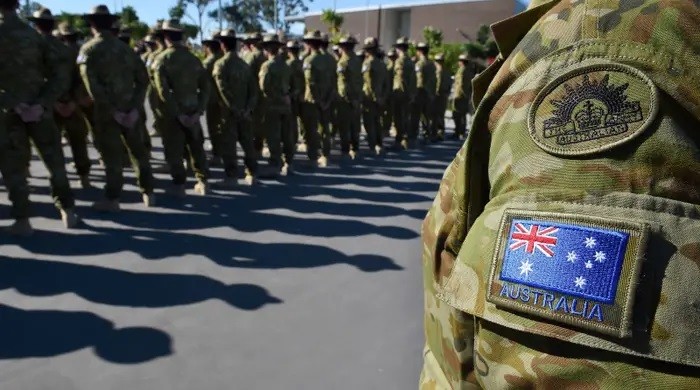 |
| Australia has been stepping up its efforts to build national security laws recently. (Source: AAP) |
The Australian Department of Defense said Prime Minister Anthony Albanese's government will introduce the National Military Secrets Protection Bill on September 14.
In 2022, under the direction of Australian Deputy Prime Minister Richard Marles, the country's Department of Defense began developing new laws to prevent the transfer of sensitive defense information to foreign militaries that would be detrimental to Canberra, while ensuring that individuals who disclose such information could face additional penalties.
Once passed, the new laws will require some former members of the Australian Defence Force and former Australian Defence Department civil servants to seek permission if they intend to work for a foreign military, foreign government or foreign government organisation.
In addition, all Australian citizens and permanent residents also need similar permission to participate in training with foreign countries involving controlled military goods and military tactics, techniques and procedures.
Australians who work or have worked in the defence industry and hold state secrets have a duty to keep those secrets outside their work for the Commonwealth. This is a long-standing duty, and it is a crime to disclose any of those secrets.
Australia has strong laws to protect sensitive defence information, including related offences under the Criminal Code Act 1995 and secrecy provisions. The new legislation is expected to further expand Australia’s already strong policies and laws.
Deputy Prime Minister Richard Marles said: “This new law will help strengthen Australia’s national security by ensuring our military secrets are kept private. This sensible reform reinforces the strong laws we already have in place by enhancing the government’s ability to prevent the unwanted transfer of sensitive defense information to foreign militaries. Importantly, it is not about banning former defense personnel from seeking employment opportunities overseas. This is about keeping Australia’s secrets in Australian hands.”
Source


![[Photo] Solemn opening of the 8th Congress of the Central Public Security Party Committee, term 2025-2030](https://vphoto.vietnam.vn/thumb/1200x675/vietnam/resource/IMAGE/2025/10/4/f3b00fb779f44979809441a4dac5c7df)
![[Photo] Bustling Mid-Autumn Festival at the Museum of Ethnology](https://vphoto.vietnam.vn/thumb/1200x675/vietnam/resource/IMAGE/2025/10/4/da8d5927734d4ca58e3eced14bc435a3)


![[Photo] General Secretary To Lam attends the 8th Congress of the Central Public Security Party Committee](https://vphoto.vietnam.vn/thumb/1200x675/vietnam/resource/IMAGE/2025/10/4/79fadf490f674dc483794f2d955f6045)



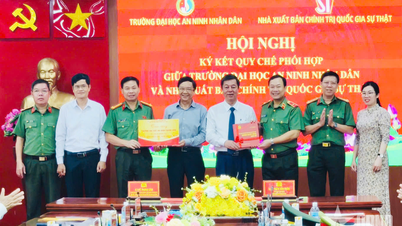










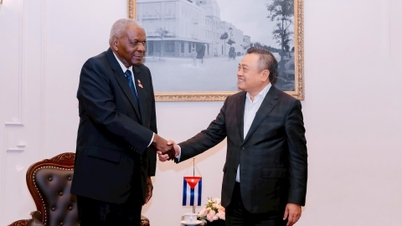








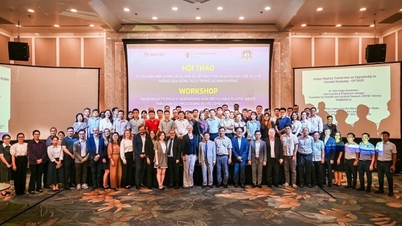
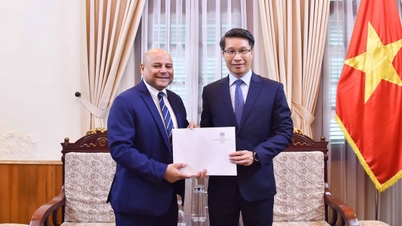


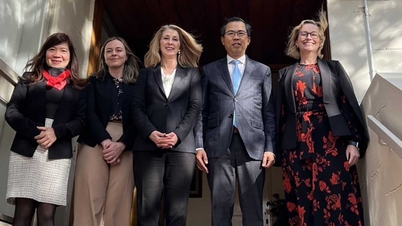



























![[VIDEO] Summary of Petrovietnam's 50th Anniversary Ceremony](https://vphoto.vietnam.vn/thumb/402x226/vietnam/resource/IMAGE/2025/10/4/abe133bdb8114793a16d4fe3e5bd0f12)

![[VIDEO] GENERAL SECRETARY TO LAM AWARDS PETROVIETNAM 8 GOLDEN WORDS: "PIONEER - EXCELLENT - SUSTAINABLE - GLOBAL"](https://vphoto.vietnam.vn/thumb/402x226/vietnam/resource/IMAGE/2025/7/23/c2fdb48863e846cfa9fb8e6ea9cf44e7)






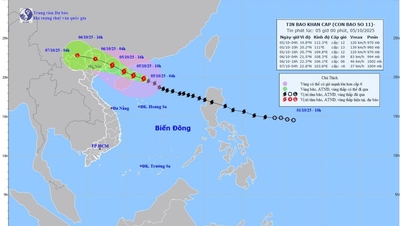































Comment (0)